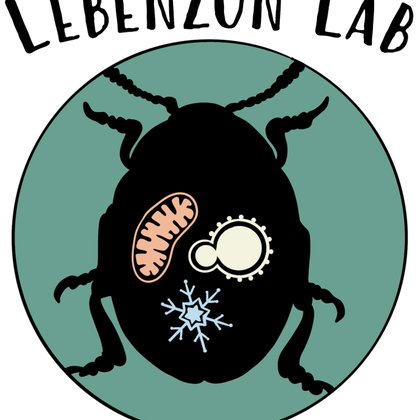
Reena Debray
@DebrayReena
Followers
760
Following
255
Media
21
Statuses
182
microbiome ecology & evolution research group leader @MPI_EVA_Leipzig 🇩🇪 PhD ‘23 @berkeleyIB 🐻
Joined August 2018
The Social Microbiome Group is coming to @MPI_EVA_Leipzig and we are recruiting at multiple levels! You will work closely with me and Dr. Jenny Tung @jtung5. Apply by Sep 1 with a cover letter and CV. Please share 🔁
2
91
234
RT @melikedonertas: 🚨 Aging and Microbiome Conference 2025 .📌 Jena, Germany.📆 October 28-29, 2025.⏰ Abstract submission deadline: 31.05.202….
0
16
0
Two weeks left to apply! ⬇️.
The Social Microbiome Group is coming to @MPI_EVA_Leipzig and we are recruiting at multiple levels! You will work closely with me and Dr. Jenny Tung @jtung5. Apply by Sep 1 with a cover letter and CV. Please share 🔁
0
4
10
Link to paper: PS: The Social Microbiome Group at @MPI_EVA_Leipzig is currently recruiting MSc and PhD students! If these questions interest you, get in touch or browse our open positions here:.
eva.mpg.de
0
1
4
Our new @AnnualReviews paper, "Ecology and Evolution of the Social Microbiome" is now available in advance of the Nov 2024 issue!. Animal microbiomes often reflect the social organization of their hosts. We dive into some important unanswered questions about this pattern:
1
17
104
RT @PaulTurnerLab: Hey #Evol2024! Interested in the evolutionary ecology of host-parasite interactions? Come check out the presentations by….
0
14
0
(9/9) Thanks to coauthors @webbshasta, Carly Dickson, @ArchieLab, @jtung5, and everyone at the @AmboseliBaboons project who makes these large-scale analyses possible. Please let us know your thoughts!.
0
0
1
Really excited to share this new preprint! In it, we ask what strain-resolved metagenomics can tell us about microbiome transmission, especially in natural host populations. 🧵.
When is microbial strain sharing evidence for transmission? #biorxiv_micrbio.
1
0
3
RT @JackieLebz: Excited to launch the shiny new Lebenzon Lab website! Check us out and watch the opportunities space. .
lebenzonlab.com
0
9
0








